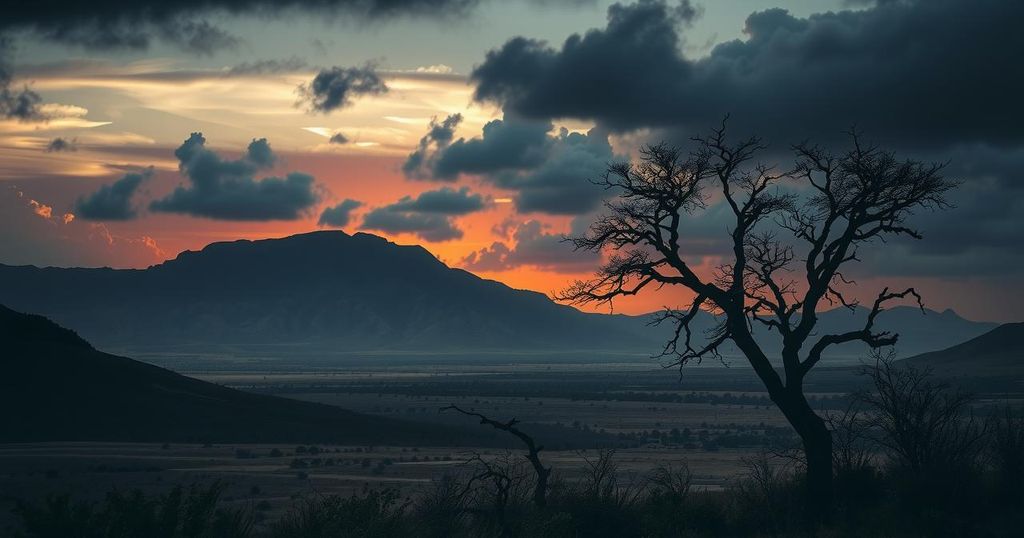Rising Conflict Between DR Congo and Rwanda: A Looming Catastrophe

The situation between the DRC and Rwanda is critical, with the M23 rebel group threatening to ignite a new conflict. This tension centers on mineral resource competition and echoes of past genocides. International reactions vary, and while a ceasefire has been established, sustainable peace needs to be prioritized.
The Democratic Republic of the Congo (DRC) and Rwanda are on the verge of a significant conflict, ignited by the rapid advances of the Rwandan-supported M23 rebel group, culminating in the capture of Goma. This alarming development raises concerns over a potential full-scale war as international pressures mount for Rwandan withdrawal and the consequences of a prolonged conflict loom large, with millions affected by violence in the region.
Two primary factors underpin this escalating crisis: the struggle for valuable minerals and the lingering impacts of the Rwandan genocide. Rwanda asserts that Hutu extremists from the genocide era are taking refuge in eastern Congo, while the DRC accuses Rwanda of exploiting the conflict for resource theft, facilitated through the M23 proxy group, which is predominantly Tutsi-led.
While some commentators blame Rwanda and call for action, others argue that the DRC’s president, Félix Tshisekedi, is partially to blame for his administration’s rejection of peace overtures from M23, which has led to disastrous military outcomes. This situation is exacerbated by Tshisekedi’s government corruption, leading to disillusionment among regular army recruits, who earn significantly less than foreign mercenaries fighting alongside them.
The continual violence and chaos in DRC have displaced around eight million individuals, with alarming rates of sexual violence and looting reported. With Rwanda allegedly attempting to assert territorial claims over parts of the DRC, the international community faces scrutiny over its historical affection for Rwanda, now perceived as an aggressor under President Paul Kagame.
On a recent development, a ceasefire agreement was reached between M23 and the DRC, albeit viewed as insufficient for resolving the underlying issues of the conflict. A comprehensive and sustainable resolution is essential to address the root causes fueling such armed confrontations in the region.
The ongoing conflict between the Democratic Republic of the Congo and Rwanda is deeply rooted in historical grievances, resource exploitation, and regional power dynamics. The M23 rebel group, supported by Rwanda, has exacerbated tensions, particularly with the rich mineral resources found in Eastern Congo, which are critical for various technological industries. The fallout from the Rwandan genocide continues to play a pivotal role in shaping the political and social landscape of the region, complicating peace efforts and international relations.
In summary, the deteriorating situation in the DRC due to the conflict with Rwanda poses a significant threat to regional stability. The underlying issues, including resource struggles and historical traumas, remain key obstacles to achieving lasting peace. A ceasefire, while a step forward, will require more robust international engagement to address the root causes of violence and promote peace effectively.
Original Source: theweek.com







